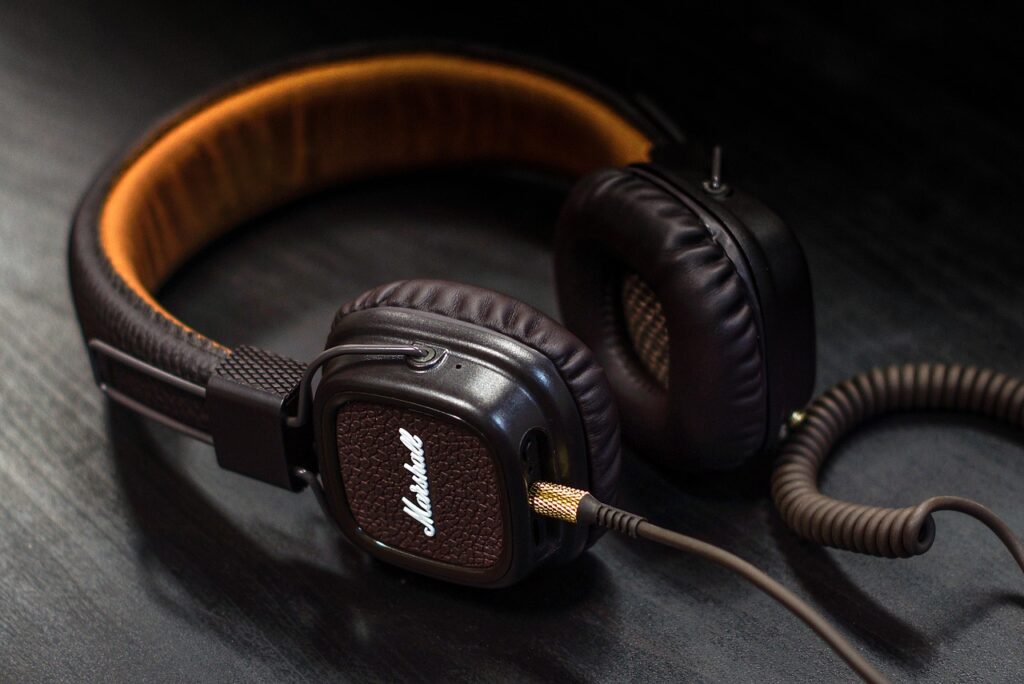Defining Music Therapy in the Context of Healthcare
Music therapy is a clinical and evidence-based practice where music is used therapeutically to address physical, emotional, cognitive, and social needs of individuals. In healthcare, music therapy facilitates rehabilitation, pain management, and emotional expression.
Overview of Occupational Therapy and its Goals
Occupational therapy (OT) focuses on helping individuals achieve independence in all facets of their lives. From physical rehabilitation to mental health support, the goal of occupational therapy is to improve the patient’s quality of life through therapeutic use of everyday activities.
The Synergy of Music and Occupational Therapy

How Music Enhances Traditional Therapies
Incorporating music therapy into occupational therapy provides a multisensory experience that enhances traditional therapies. Music can serve as a powerful motivator, making repetitive tasks more enjoyable and engaging for patients.
The Impact of Music on Physical and Mental Health
Research shows that music has a profound impact on both physical and mental health. It can lower blood pressure, reduce stress, and improve mood. For physical rehabilitation, rhythm and tempo in music aid in coordination and motor skills development.
Evidence-Based Benefits of Music Therapy in Occupational Therapy
Studies and Research Supporting Music’s Role
Numerous studies support the integration of music therapy into occupational therapy. Research indicates that patients who engage in music therapy show faster recovery rates and higher levels of engagement in their treatment plans.
Real-Life Success Stories
Real-life success stories further highlight the benefits of music therapy in occupational therapy. Patients recovering from strokes have regained motor function by synchronizing their movements to music beats. Autistic children have improved their social skills through musical interaction.
Music Therapy Techniques Used in Occupational Therapy

Active Music Making vs. Passive Listening
Music therapy techniques can be broadly categorized into active music making and passive listening. Active music making involves playing instruments or singing, which can improve coordination and emotional expression. Passive listening, on the other hand, uses music for relaxation and mental focus.
Incorporating Music into Daily Activities
Occupational therapists can incorporate music into daily activities to motivate patients and make therapy sessions more engaging. For example, setting a daily routine to music can help patients with memory issues.
Music Therapy for Specific Conditions
Autism, Dementia, Stroke Recovery, and more
- Autism: Music therapy helps in developing communication skills and social interactions.
- Dementia: Music stimulates memory and cognitive functions.
- Stroke Recovery: Music aids in motor skills recovery and emotional healing.
- More: Music therapy is also beneficial for conditions such as Parkinson’s disease, depression, and chronic pain management.
The Role of the Occupational Therapist in Music Therapy
Specialized Training and Certification
Occupational therapists interested in integrating music therapy into their practice may pursue specialized training and certification. This additional expertise enables them to design effective, music-based therapeutic interventions.
Collaborating with Music Therapists
Collaboration between occupational therapists and certified music therapists can enhance the effectiveness of treatment plans. Each professional brings unique skills and perspectives, creating a comprehensive approach to patient care.
Integrating Music into Occupational Therapy Practice
Practical Tips for Implementation
- Start with a thorough assessment of the patient’s preferences and needs.
- Use simple instruments like drums or tambourines for active participation.
- Incorporate familiar and favorite songs to increase engagement.
Overcoming Common Challenges
Challenges such as lack of resources or resistance from patients can be mitigated by gradual introduction of music therapy. Educating patients and their families about the benefits can also help in gaining their support.
Conclusion
Recap of Music Therapy’s Importance in Occupational Therapy
Music therapy plays a significant role in enriching occupational therapy by enhancing physical, emotional, and cognitive outcomes. It provides a holistic approach to patient care, making therapy sessions more effective and enjoyable.
Encouraging Further Exploration
Occupational therapists are encouraged to explore the vast potential of music therapy in their practice. By integrating music, they can offer more dynamic and successful therapeutic experiences. By understanding the synergy between music therapy and occupational therapy, professionals can significantly enhance their practice and patient outcomes. Start your exploration today and see the harmony it can bring to your therapeutic endeavors.
The information provided on this website is for general informational purposes only. It is not intended as, nor should it be considered, professional medical advice. Always consult a professional regarding your specific medical issue.
Frequently Asked Questions
What is music therapy?
Music therapy is the clinical use of music interventions to accomplish individualized goals within a therapeutic relationship.
How does music therapy benefit occupational therapy?
Music therapy enhances occupational therapy by improving patient engagement, motivation, and outcomes through the use of music.
Can any occupational therapist use music therapy?
While any occupational therapist can incorporate basic music elements, specialized training in music therapy is recommended for more advanced interventions.
What types of music are used in therapy?
The types of music used depend on the patient’s preferences, needs, and therapy goals. Familiar and enjoyable music is often most effective.
References
- American Music Therapy Association. (2023). What is Music Therapy? Retrieved from [www.musictherapy.org](https://www.musictherapy.org).
- National Board for Certification in Occupational Therapy. (2023). Certification Information. Retrieved from [www.nbcot.org](https://www.nbcot.org).
- Journal of Music Therapy. (2022). The Effectiveness of Music Therapy Interventions. Retrieved from [www.jmt.oxfordjournals.org](https://www.jmt.oxfordjournals.org).
- Occupational Therapy International. (2023). Integrating Music Therapy into Occupational Therapy Practice. Retrieved from [www.oti.org](https://www.oti.org)
Recently Featured OT Insider Posts
Optimize Life Balance with Vestibular Rehabilitation in Occupational Therapy
Exploring the Diverse Types of Splints in Occupational Therapy
Top 5 Tips for Supervising Fieldwork Students in Occupational Therapy
10 Amazing Fieldwork Strategies for Occupational Therapy Students
Aging in Place: Top 10 Home Modifications for Seniors
Improving Daily Life: Wheelchair Positioning for Older Adults
Managing Lymphedema: The Role of Occupational Therapy
Unlocking Summer Fun: 10 Sensory-Friendly Activities for Children
